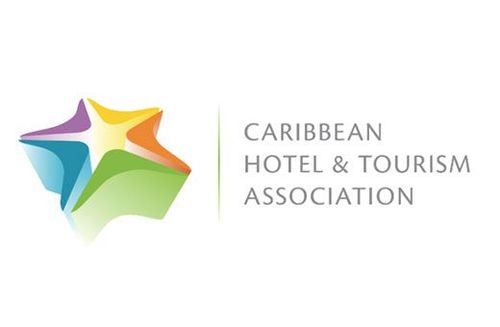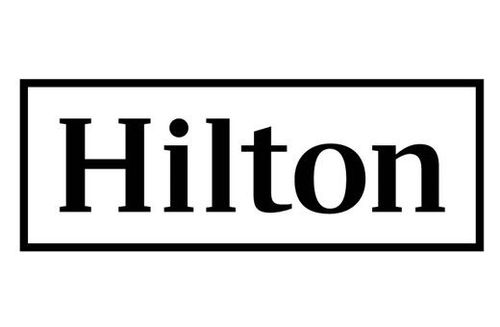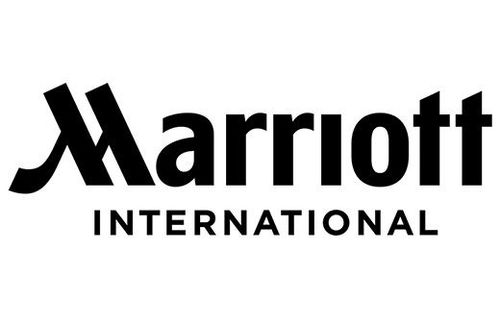Where travel agents earn, learn and save!
News / CHTA calls for continued pandemic diligence and open borders
Caribbean leading the world in tourism recovery

The president of the Caribbean Hotel and Tourism Association (CHTA), Nicola Madden-Greig, in a letter to the head of the CARICOM (Caribbean Community) and copied to the region’s Heads of Government and health and tourism leaders, called for the continued adherence to health safety protocols and stepped up vaccinations, but cautioned that rushing to close Caribbean borders and impose difficult and costly travel barriers could delay the recovery and have severe consequences for the region’s economies.
Madden-Greig, writing the Prime Minister of Antigua and Barbuda Gaston Browne, who currently serves as Chairman of CARICOM, applauded the region’s governments, health and tourism authorities, and the tourism industry for the Caribbean’s strong tourism rebound, while maintaining the health safety of employees and travelers.
She cited the low positivity rate of tested travelers, and the success of health safety protocols aimed at protecting employees, visitors and residents. She added that this should reassure travelers and also Caribbean residents that risk levels from tourists are extremely low, and the tourism industry continues to protect lives and livelihoods.
Madden-Greig asserted that putting onerous measures in place would retard the sustained recovery of travel and tourism and regional economies, which she said had restored an estimated 70 percent of tourism-related employment and “supported the replenishment of sorely needed tax revenue to governments.”
The World Travel and Tourism Council (WTTC) has cited Caribbean tourism as recovering faster from the pandemic than any region with tourism’s contribution to GDP expected to rise more than 47 percent this year. In contrast, the global economy is set to receive a 30.7 percent year-on-year increase from Travel & Tourism in 2021.
Despite the region’s success in minimizing the impact of COVID-19, the award-winning Jamaican hotelier warned that the proliferation of the Delta variant, the emergence of the Omicron variant, the reemergence of travel bans, and more stringent travel regulations threatened to reverse the tourism recovery.
Moreover, CHTA concurs with the World Health Organization’s (WHO) opposition to blanket travel bans which it says would not prevent the international spread, while placing a heavy burden on lives and livelihoods. In addition, such bans could harm global health efforts during a pandemic “by disincentivizing countries to report and share epidemiological and sequencing data.”
In the letter, CHTA recalled that prior to the emergence of the Omicron variant and additional travel bans and restrictions, the outlook for the peak travel period this winter and spring, and for the return of intra-Caribbean business and leisure travel by Caribbean residents and the diaspora, was strong.
Referring to the uncertainty surrounding the Omicron variant, the tenacity of the Delta variant, the level of vaccine hesitancy by many residents, and a complacency in adherence to health safety protocols in many parts of the world, CHTA cautioned that “the region may now find itself struggling to recover in 2022.”
The situation was exacerbated by increased threat levels, travel bans, and new travel restrictions which had initially led to some traveler cancellations and a decrease in booking levels. As such, CHTA urged Caribbean governments to continue to “strike the delicate balance between the health safety of our residents and visitors, and the restoration of our economies.”
CHTA reminded that in addition to training hosted by properties and massive regional training, nearly 10,000 of the region’s tourism industry owners, managers and supervisors had undergone health safety training by the Caribbean Public Health Agency (CARPHA) in collaboration with CHTA and the Caribbean Tourism Organization (CTO).
Underscoring the need for care in applying travel bans, CHTA reported advanced bookings of airline tickets and hotel stays indicated a potential tourism recovery rate in 2022 of more than 70 percent of the industry’s 2019 peak performance levels.
Tourists should also be encouraged by the fact that vaccination rates for employees in the region’s tourism industry far outpace those for the general population, and CHTA reported that 28 percent of employers surveyed reported that 100 percent of their employees were fully vaccinated and an additional 20 percent reported that between 75 and 99 percent of their workforce was fully vaccinated.
CHTA, which speaks for the private sector, sought renewed commitment from governments for reducing the high cost of approved PCR and antigen tests for residents, tourism-related employees, visitors and returning travelers, and supporting destinations experiencing difficulty achieving one- and two-day turnaround times for processing test results, by appealing to U.S., U.K, and Canadian governments for the latest testing equipment.
There was also a need to expand the availability of self-test kits, increased vaccination rates, advancing booster shots, and including tourism-related employees in priority tiers for these additional shots. The association also asked for stepped-up health safety compliance for employees and visitors to reduce complacency in adhering to, and enforcing, health safety measures.
The industry is being asked to continue to provide flexible cancellation policies and affordable travel insurance.
Thanking CARICOM for its leadership in areas related to testing, adherence to health safety protocols, and increasing vaccination rates, CHTA stressed that messaging must be collectively communicated that the Caribbean was still the most viable destination for safe international travel.
Madden-Greig contended travelers have recognized the region’s efficacy in containing the pandemic as evidenced by the Caribbean’s leading role globally in tourism’s recovery and in containing COVID-19: “Our ability to continue to manage our way through the pandemic is the fastest path to recovery, getting displaced employees back to work, ensuring businesses survive, and replenishing badly needed government revenues as we collectively work towards the sustained growth for our economies.”











